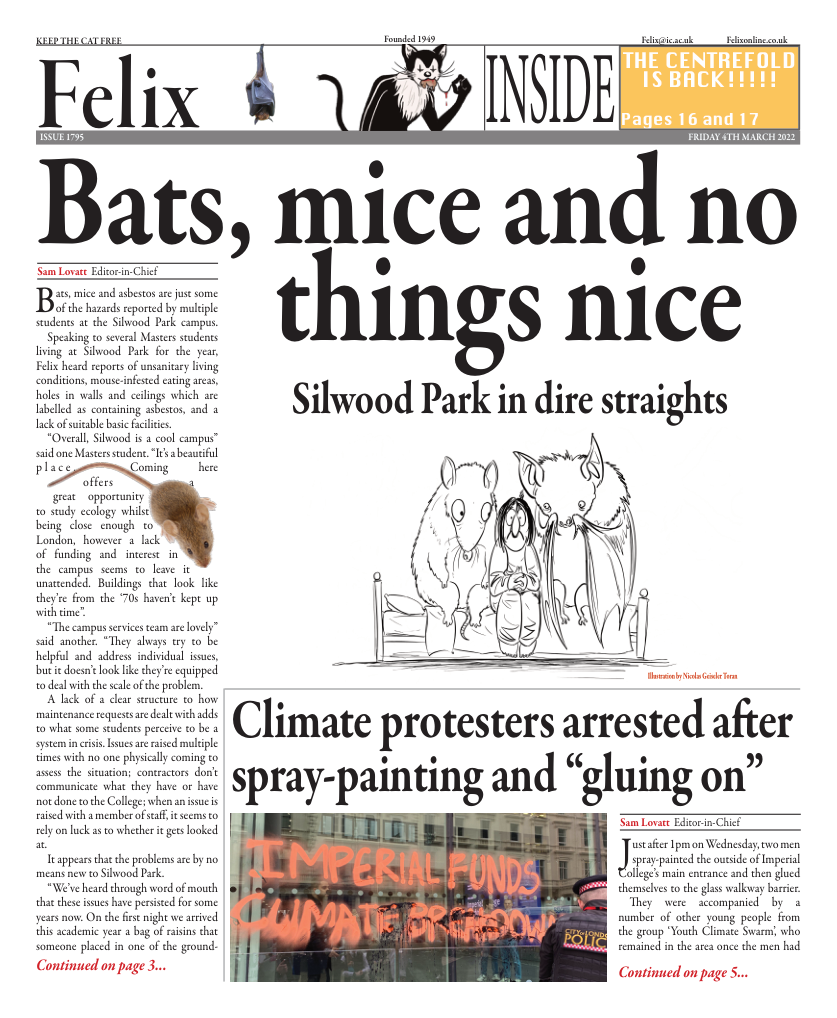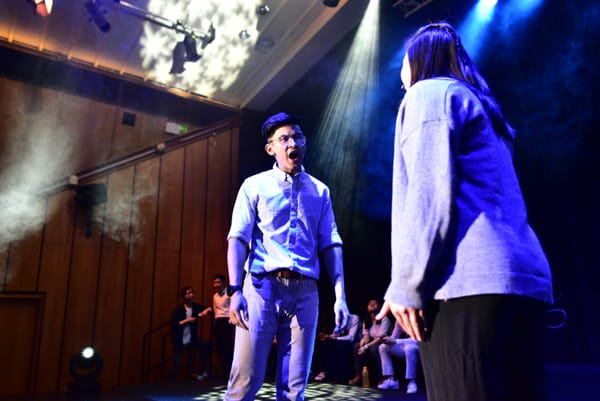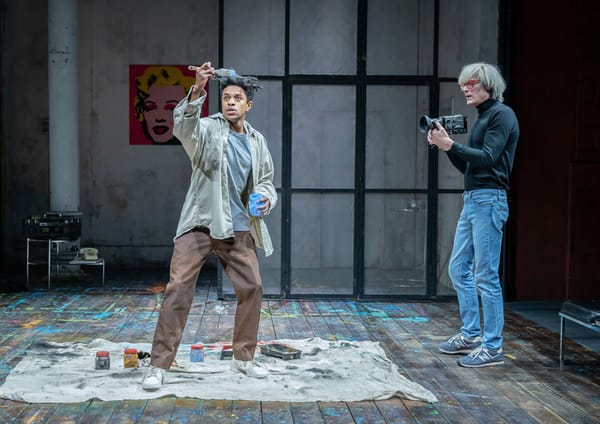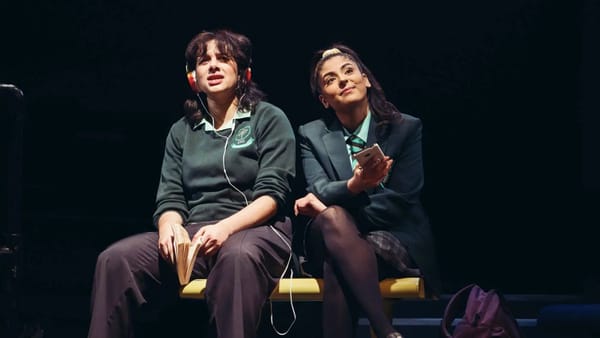Rigoletto Review
Power, corruption, and lies take centre stage in Oliver Mears’s production of Rigoletto which returns to the Royal Opera House after its premiere in September
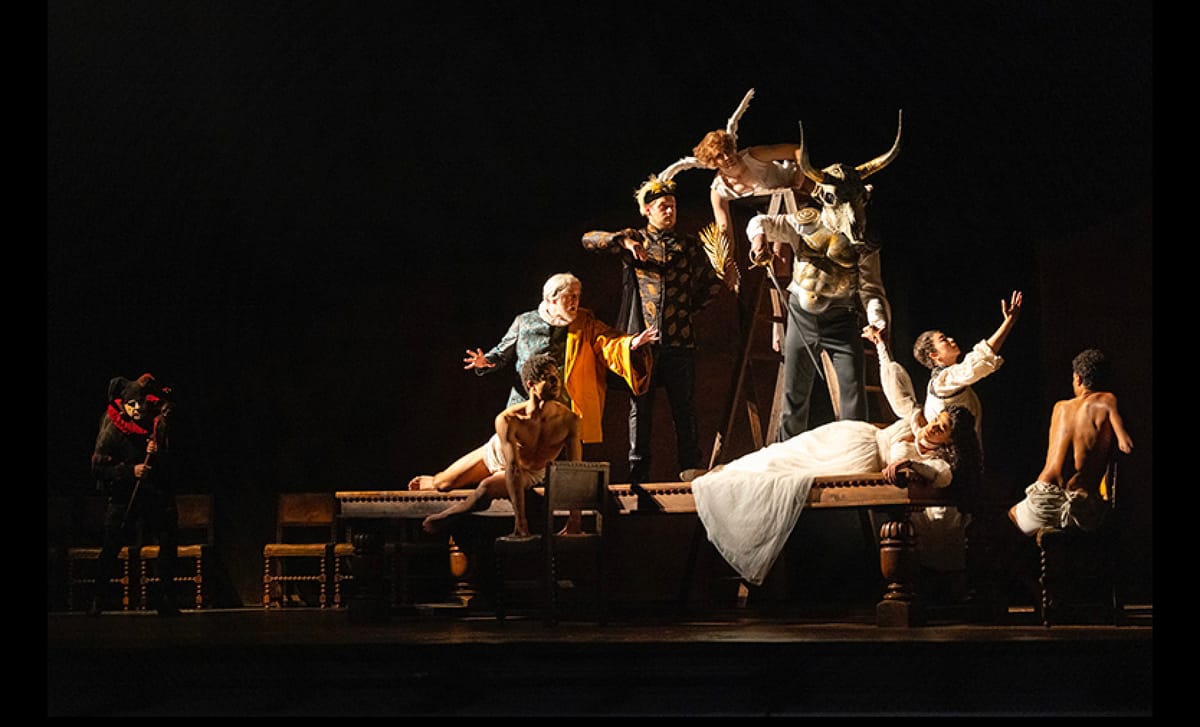
Rigoletto
★★★★
- What: Opera
- Where: Royal Opera House
- When: Until March 12th 2022
- Cost: Tickets from £25
Power, corruption, and lies take centre stage in Oliver Mears’s production of Rigoletto which returns to the Royal Opera House after its premiere in September. Set in the court of the Duke of Mantua, Mears’s dark take on the opera does not shy away from examining the dark underbelly of hedonism, the unscrupulousness, and the debris left in the wake of the libertine lifestyle. But Mears goes deeper. His production confronts the legacy of toxic masculinity in western art, forcing its audience not to be swept away with the gorgeous music, but to drill deep into their own psyche to unravel how the male gaze has shaped our understanding of art and society.
Luca Salsi’s Rigoletto was electric as the tragic hero trapped between his life as the jester at the Duke’s morally bankrupt court, and as a father trying to protect his daughter. As his worlds collide Rigoletto’s descent into violence was as enthralling as it was tragic, with a deep melancholy woven into his vocal texture. Salsi drew out Verdi’s infatuation with Shakespeare by channelling both Shylock and Lear in Rigoletto’s duality as a bitter outsider and a loving father. Rigoletto’s daughter Gilda, performed by Rosa Feola, was the strongest vocally, hitting her high notes with confidence and ease, and conveying Gilda’s demise with tenderness and deep affection for her father.
But the production was most interested in examining the Duke of Manuta. Beneath the slicked back hair, velvet dinner jackets, and bravado, Francesco Demuro’s Duke was devilishly animalistic. Although his higher notes were sometimes tense and rough, he artfully captured the Duke’slicentiousness and narcissism painting a picture of man corrupted by unabashed greed, a nymphomaniac, the 19thcentury’s answer to The Tinder Swindler.
Talking of paintings, a blown-up Odalisque dangled over the vast stage in act one as the Duke, accompanied by his court, a crowd of lavishly dressed men, taunt and seduce women; the sickening power of the male gaze brought into full view by set designer Simon Lima Holdsworth. In the second act it is replaced by another image: Titan’s Rape of Europa, where the line between beast and man is disconcertingly skewed.
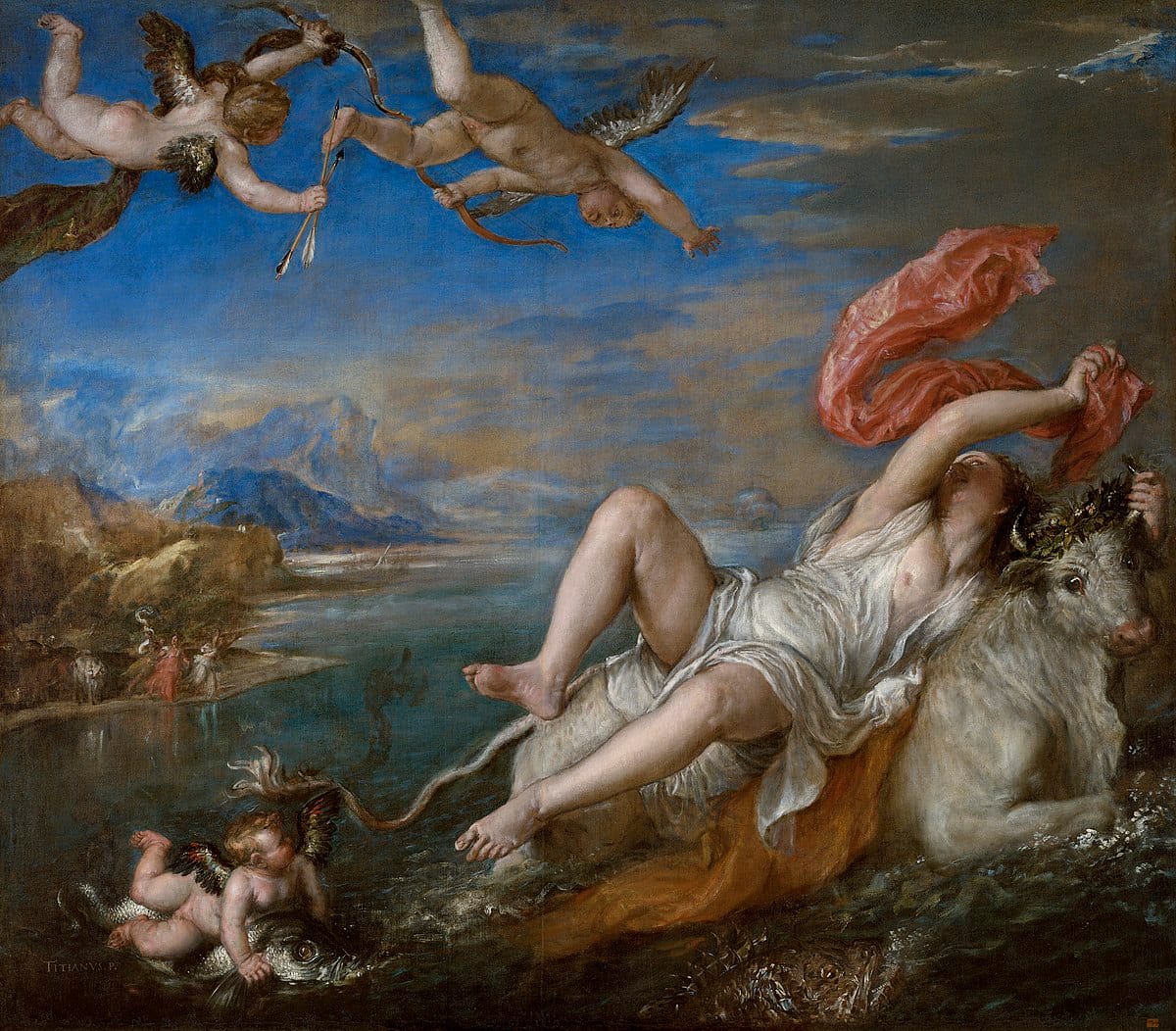
The opera’s most famous tune, “La donna e mobile”, was haunted by this lingering darkness; the Duke sings the upbeat song whilst unceremoniously paying a prostitute for sex. The lavish renaissance art is nowhere to be seen. Just the prositute’s dingy, barren, and dimly lit room. The impunity of his Epicurean philosophy is perhaps most disturbing. After all the crimes he commits there is no comeuppance. He is untouchable.
Mears’s production plays out like a psychodrama. It is dark and difficult to digest. But in an artistic tradition where many inherited tropes and concepts were forged in less egalitarian sensibilities, we need operas to reflect on the legacies of their own moral outlook. Rigoletto does exactly this.

